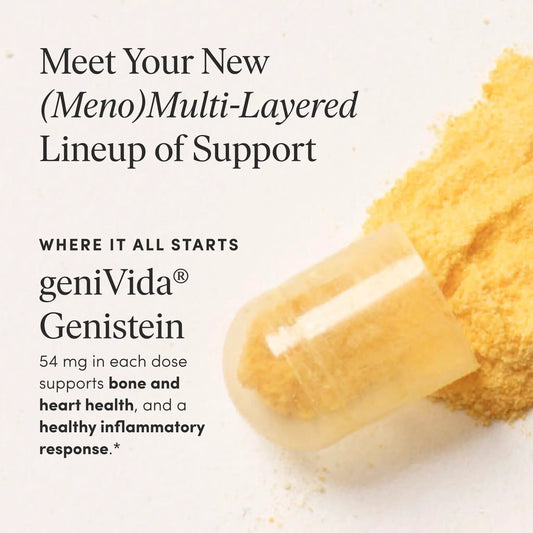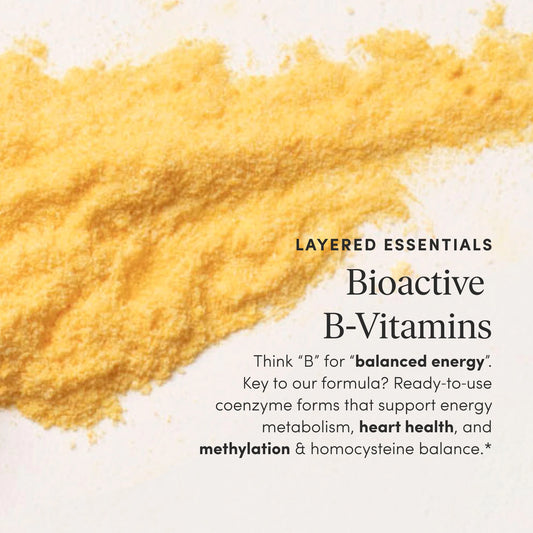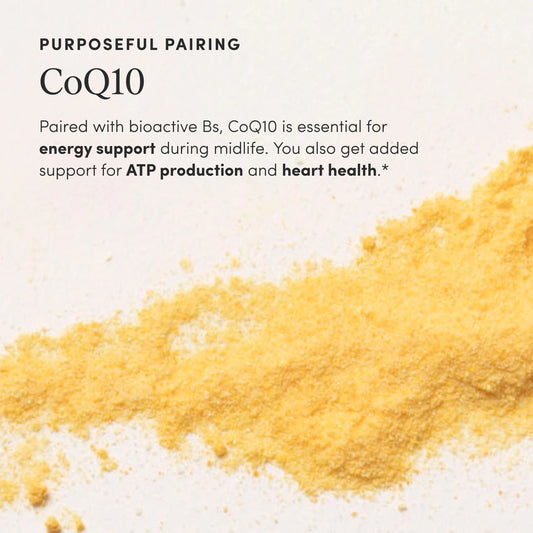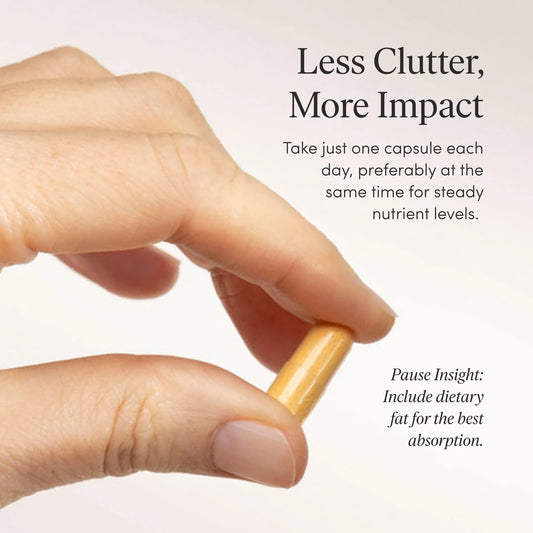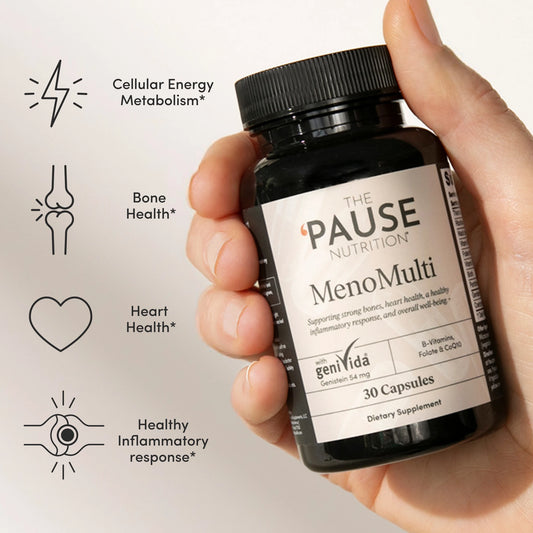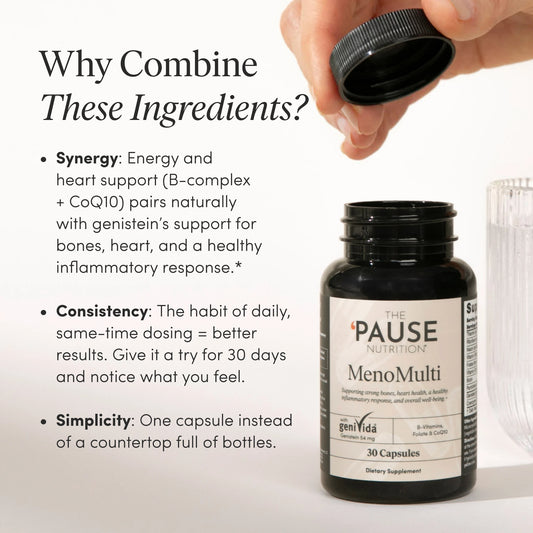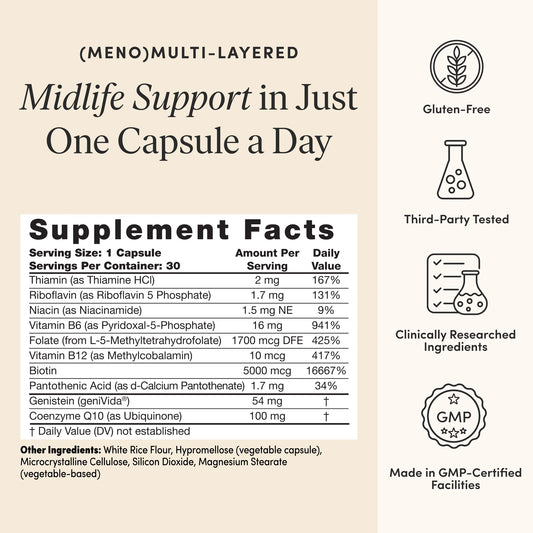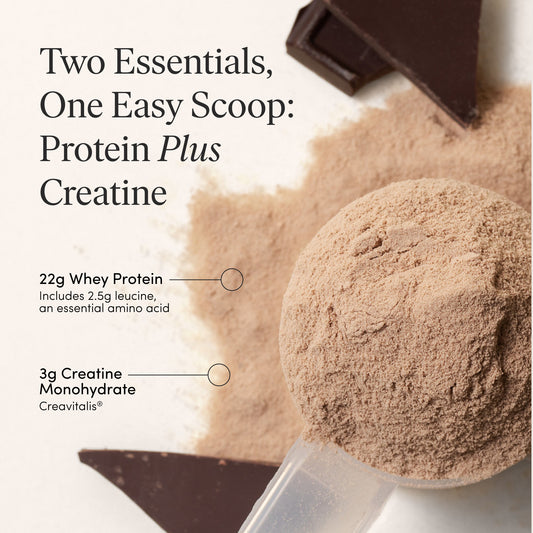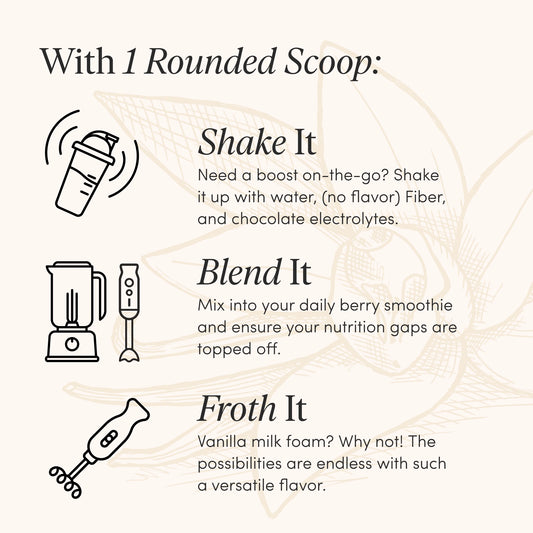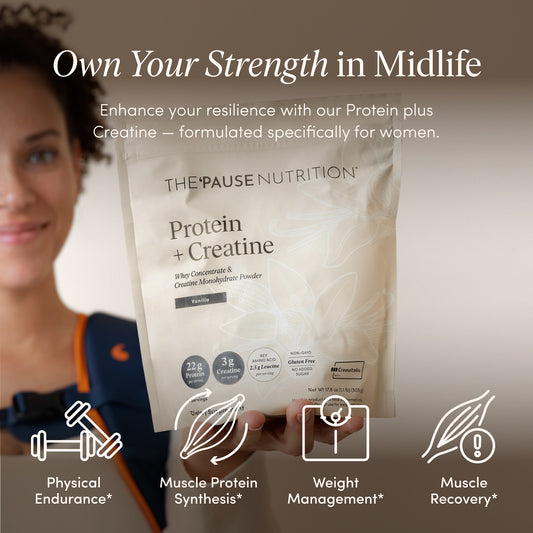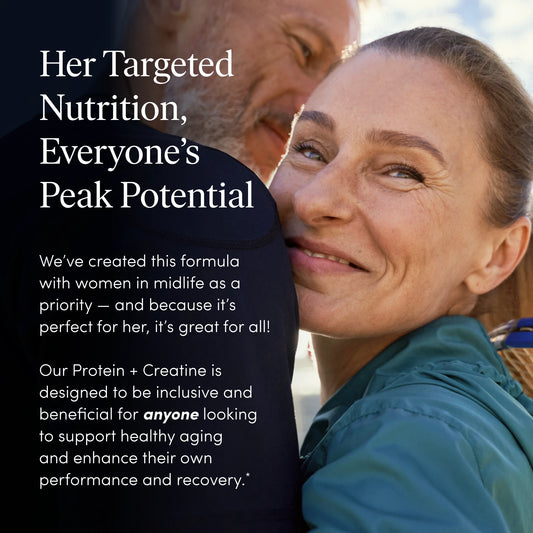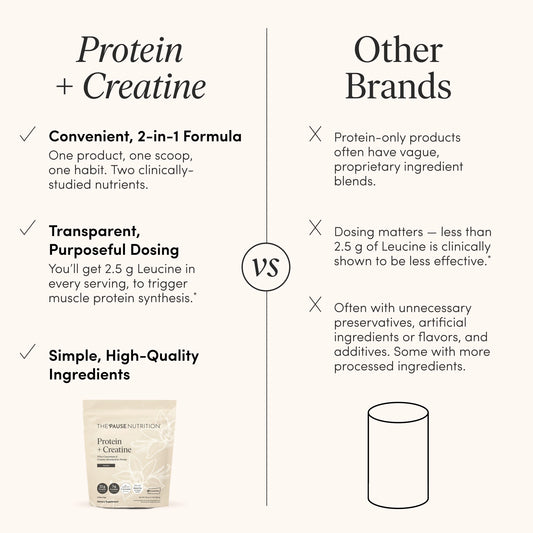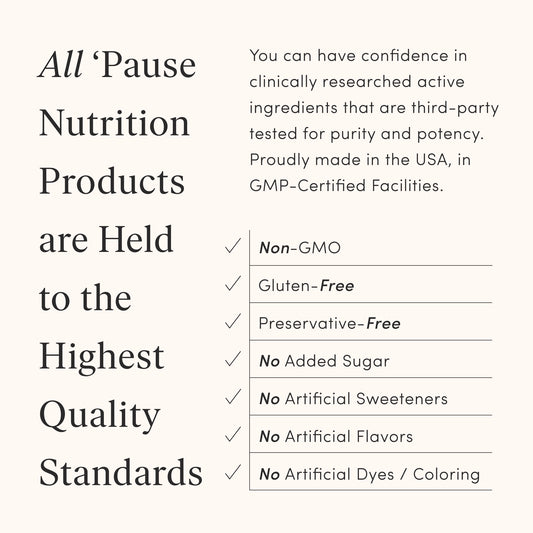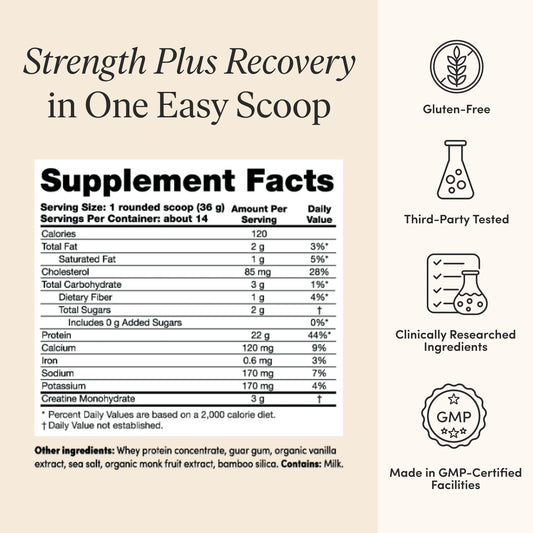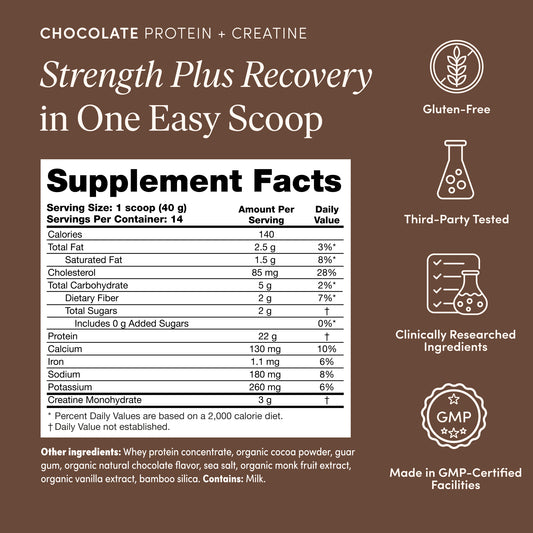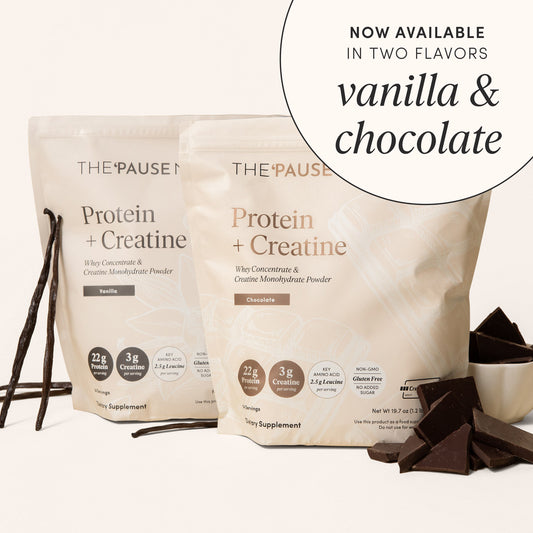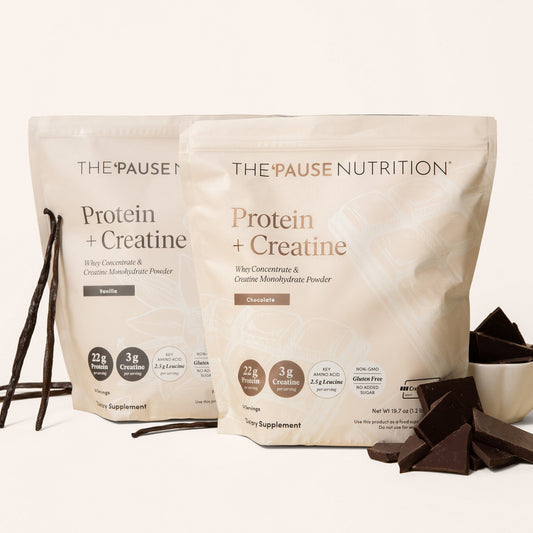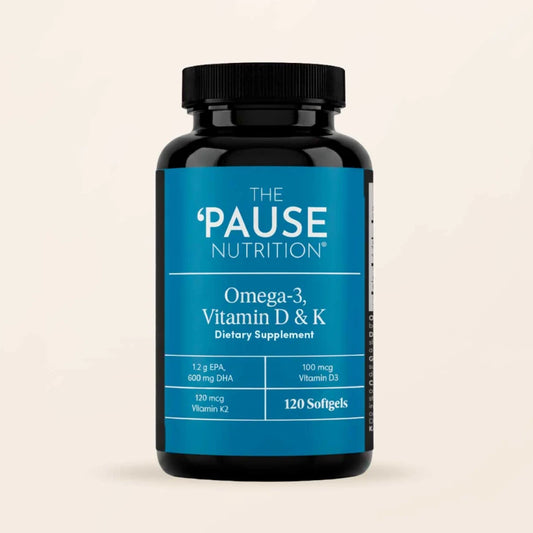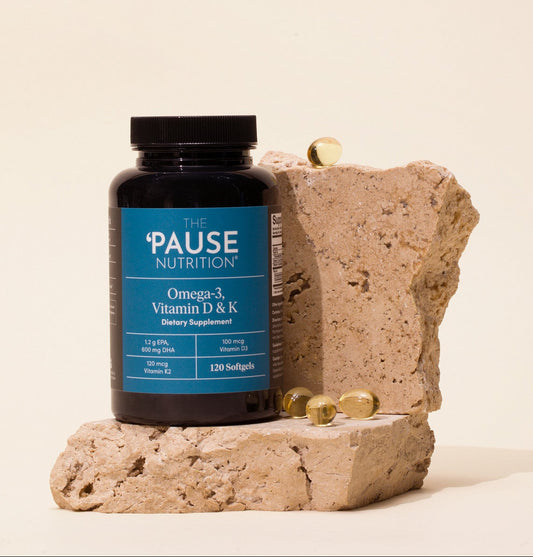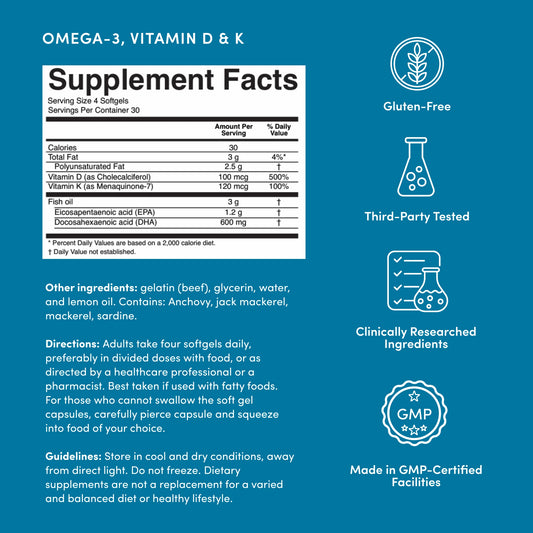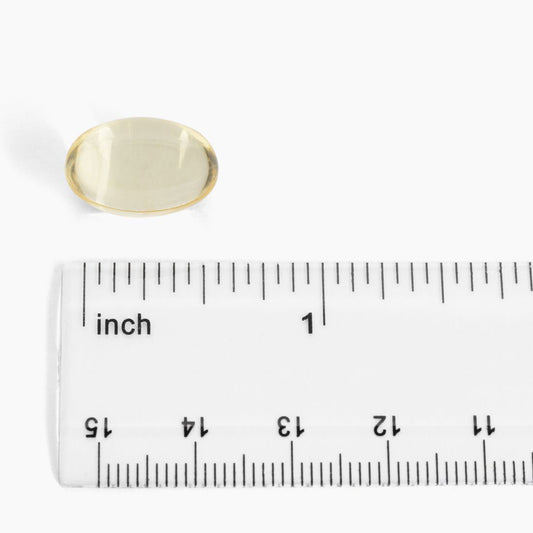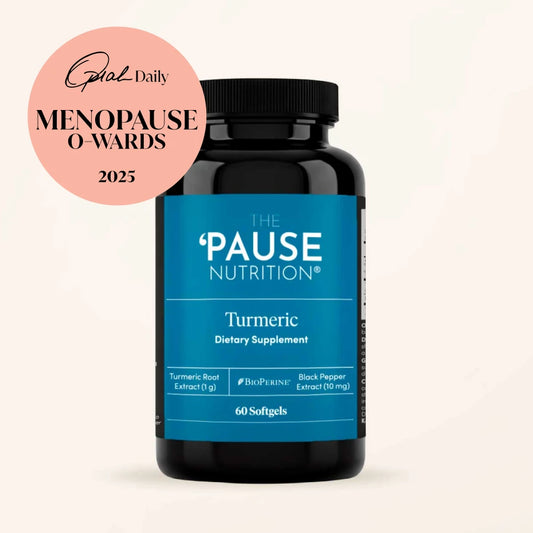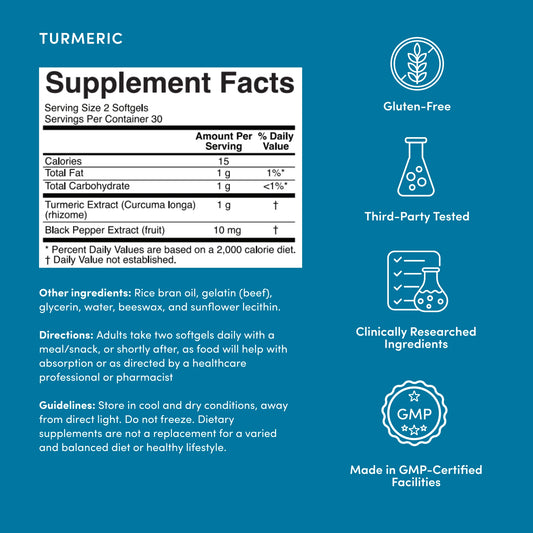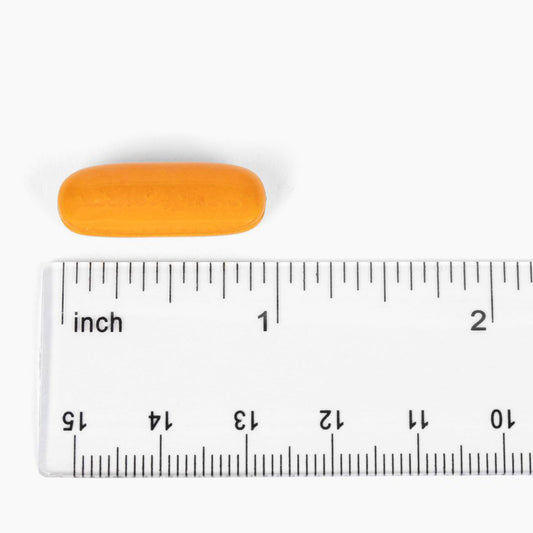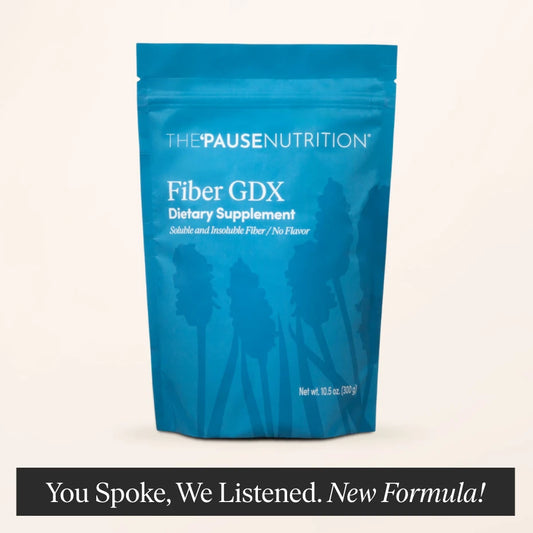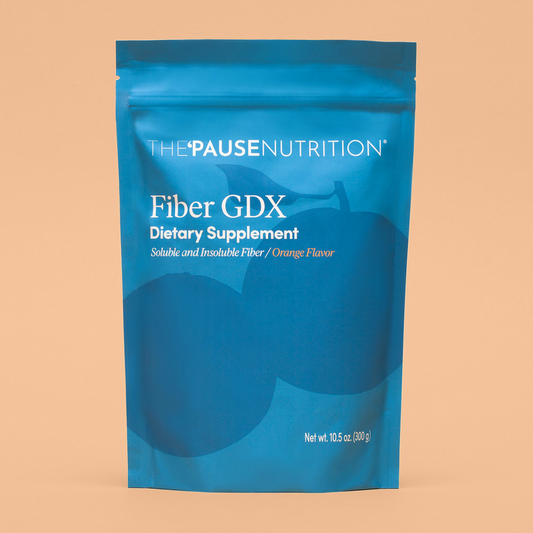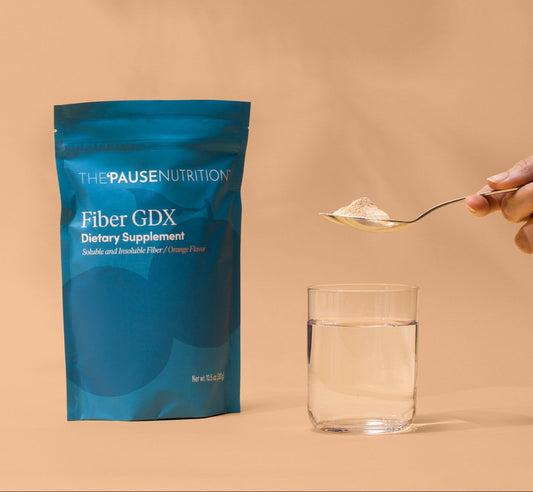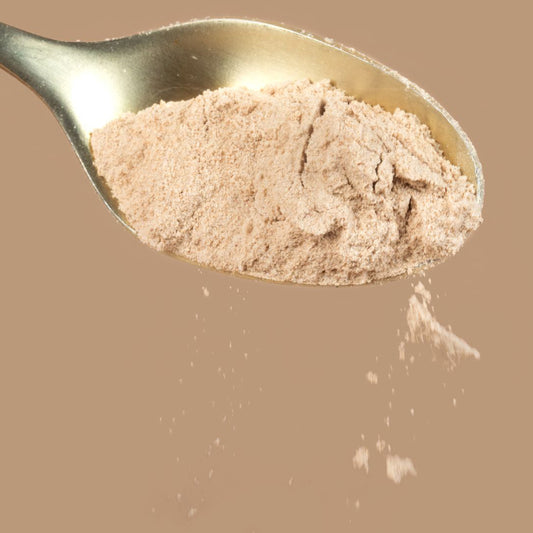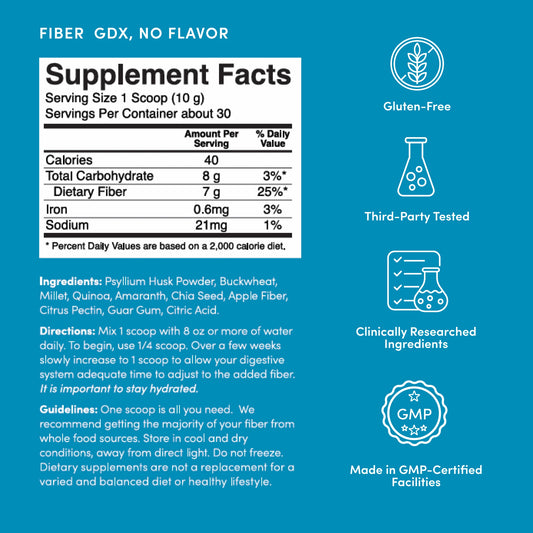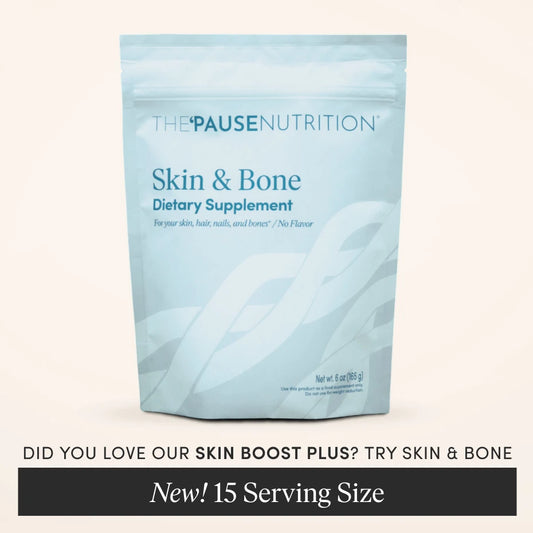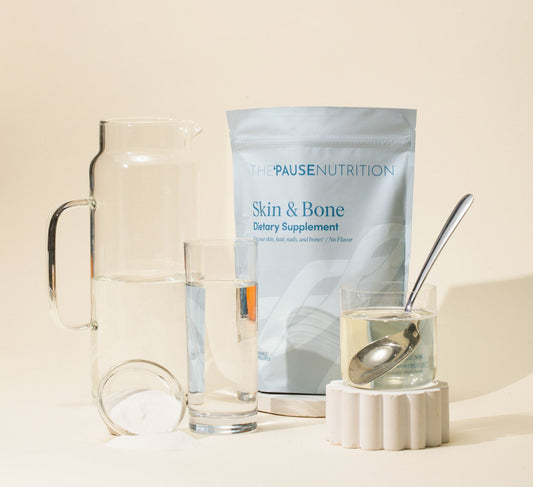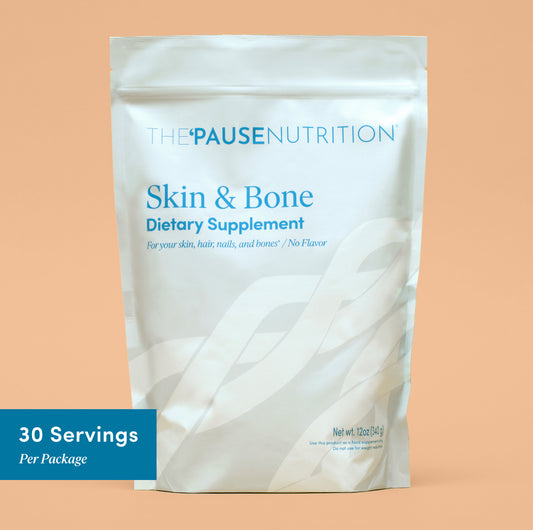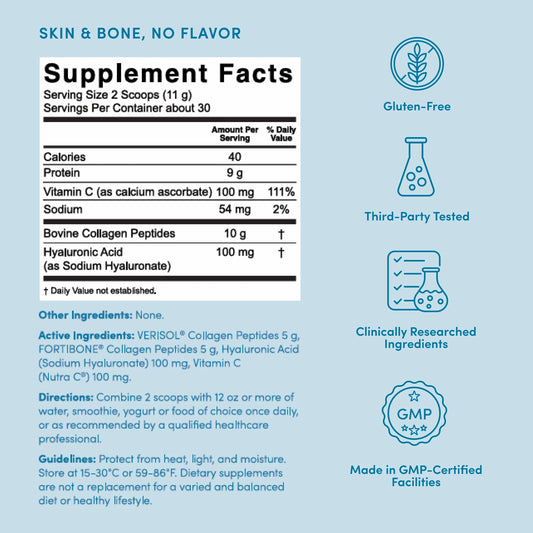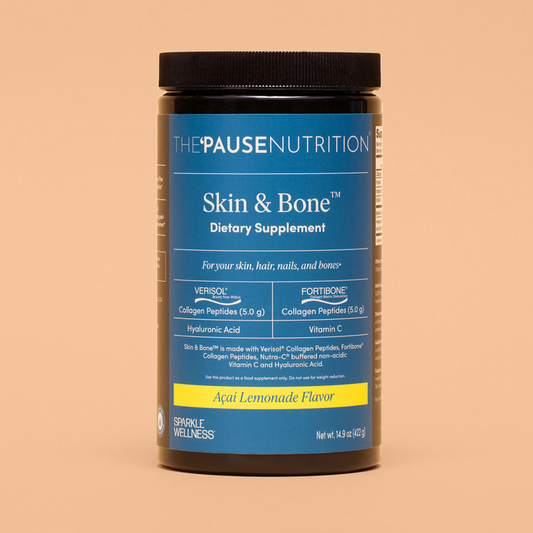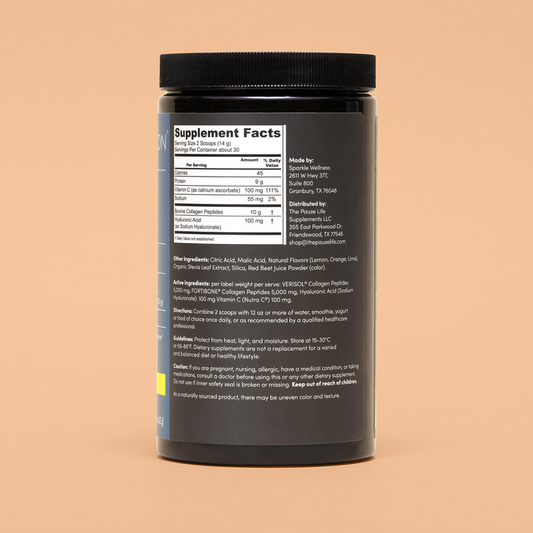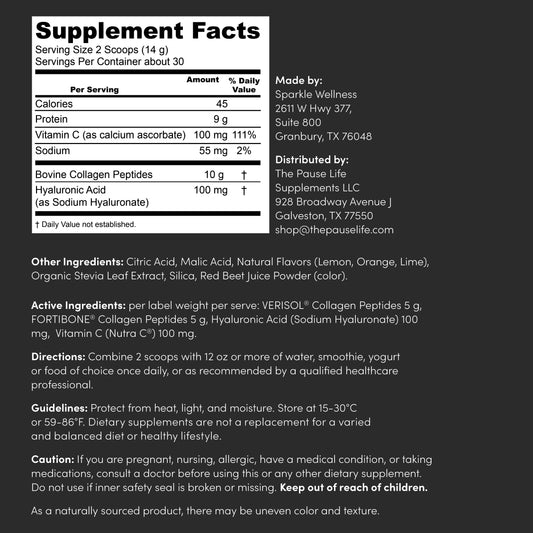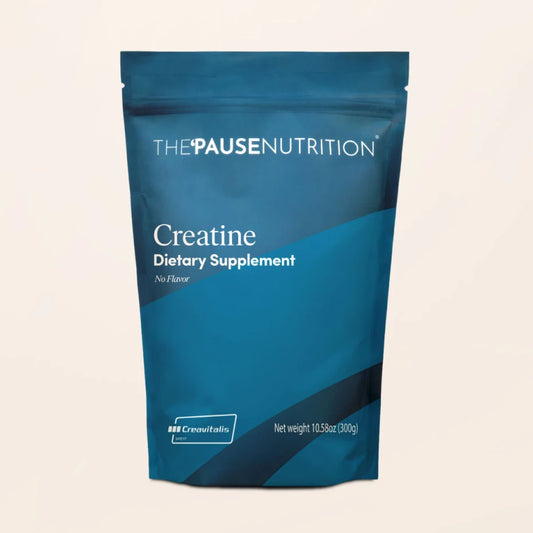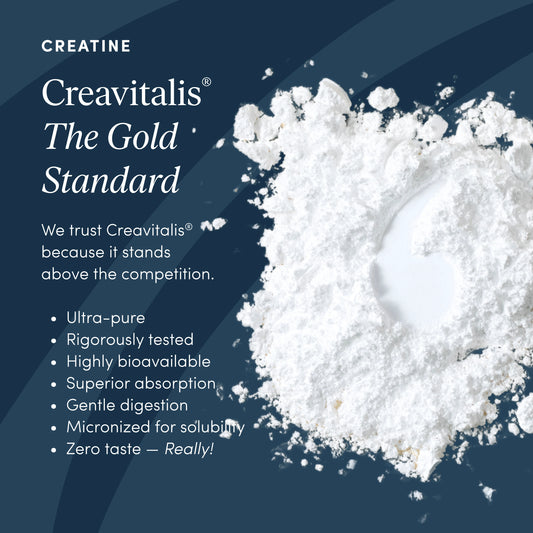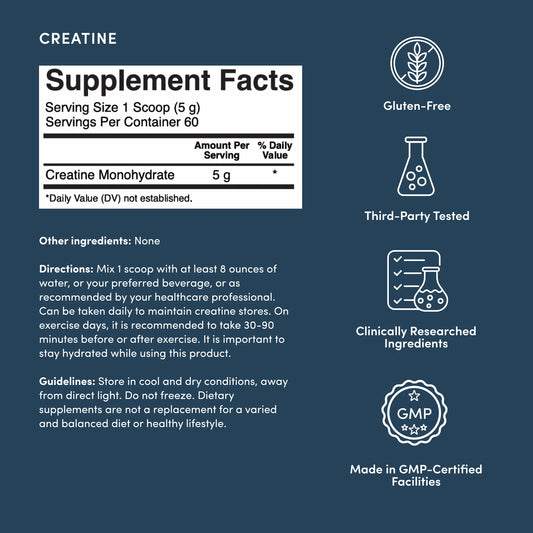Food Is Medicine | Nutrition In Psychiatry

Share
Ignite Your Nutrition As Your First Line Of Defense For Your Health
You are what you eat is an old adage, and while there is some truth in this saying, it is complex and can be confusing to the average consumer. The diet industry, while a multimillion dollar entity, is not necessarily preparing you to understand the benefits nutrients provide your body and the medical and public health communities want this to change.
A lack of nutrients in your diet can lead to chronic health diseases and conditions, as well as a significant number of mental health disparities.1 Some significant studies show specifically how your brain adapts and is affected by the poor diet and food quality.2,3 Doctors, psychiatrists especially, are seeing a greater connection between poor diet with depression, attention-deficit/hyperactivity disorder (ADHD), and other mood or cognitive changes.1 Conversely, anti-inflammatory diets rich in color and variety, often provide enough of the key macro (proteins, carbohydrates, fats) and micro (vitamins, minerals) nutrients which serve as protective elements for the brain and body. In addition, a diet packed with nutrition can help to alleviate many symptoms of perimenopause and menopause women experience.
The Food – Health Connection
Understanding the connection between food and health can be tricky for some. We know that about 50% of Americans consume the Standard American Diet (SAD), which is full of processed and refined foods and is lacking in many nutrients.4 An even more complex situation for some can be what to purchase, how to prepare it, and understanding if the food choices are making an impact on mental and/or physical health. Adding another complex layer to the issue is the lack of easy access to a wide variety of foods and nutrients. While there are many barriers, our focus is on empowering you to seek sources of information that are accurate and to find doctors and nutrition educators that can help identify resources to support you.
Until the last decade, medical students were not offered much in nutrition education. Historically, many medical schools required none or one nutrition course.5 Thankfully, this is changing and we are excited to be participating in this conversation. Providing education and support can shift how patients think about their diet and can help them recognize that nutrients (food) can really be the best medicine. One group of medical practitioners in Connecticut has been identifying the best way to teach nutrition to medical students to transform how they engage with patients and look at their own nutrition education gaps.5
It is exciting to see medical schools incorporate culinary medicine, culinary nutrition (CN)6, nutrition and environmental nutrition7,8 into the curriculum and to begin to see the use of nutritional treatments1 to address an individual’s health needs. The Pause Strong Program's approach is to recognize that each individual has a unique body and set of skills. By breaking down tough topics, complex nutrition concepts, and integrating them into our program, you can incorporate lifestyle changes at your own pace.
Food is connected to our culture, our families, and ultimately makes a huge impact on how we think, act, and feel each and every day. I encourage you to start making small observations about how you feel after you eat a certain food or meal. Identify your mood, physical symptoms and how long they last, in a journal and you will gain so many insights into your own state of well-being.
This is not to track calories, but to instead, figure out what is working for or against your health. Food can literally change your life; we know that a diet rich in all the macro and micro nutrients can reverse chronic health disease as well as improve mental health.
Sources:
- https://www.psychiatrictimes.com/view/nutritional-treatments-the-next-frontier-in-psychiatry
- Nutrition provides the essential foundation for optimizing mental health. Evidence-Based Practice in Child and Adolescent Mental Health. 2021;6(1):131-154.
- Diet and depression: exploring the biological mechanisms of action. Mol Psychiatry. 2021;26(1):134-150.
- Trends in consumption of ultraprocessed foods among US youths aged 2-19 years, 1999-2018. JAMA. 2021;326(6):519-530.
- Nutritional and Environmental Medicine Goes Mainstream. Australasian College of Nutritional & Environmental Medicine Journal, 38(2), 13–17.
- Facilitators and barriers to providing culinary nutrition, culinary medicine and behaviour change support: An online cross-sectional survey of Australian health and education professionals. J Hum Nutr Diet. 2022; 1– 14.
- Nutrition and Medicine: Are They Connected? American Journal of Lifestyle Medicine. 2021;15(5):495-497. doi:10.1177/15598276211008376














